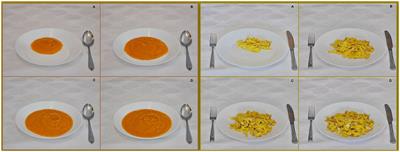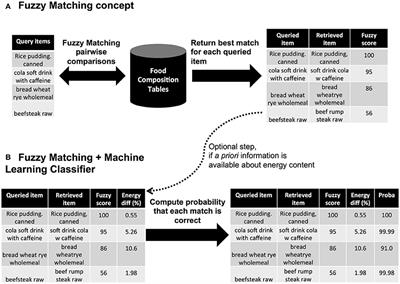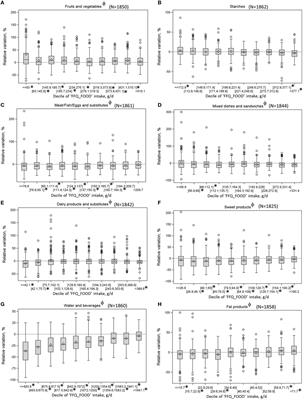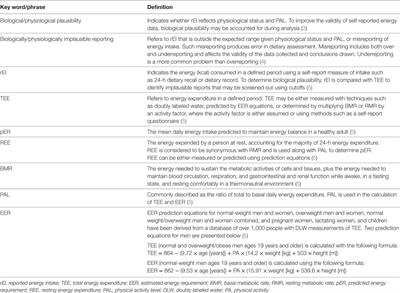EDITORIAL
Published on 19 Nov 2019
Editorial: Emerging Topics in Dietary Assessment
doi 10.3389/fnut.2019.00176
- 2,191 views
- 6 citations
10k
Total downloads
73k
Total views and downloads
EDITORIAL
Published on 19 Nov 2019
PERSPECTIVE
Published on 13 Nov 2018
ORIGINAL RESEARCH
Published on 13 Sep 2018

ORIGINAL RESEARCH
Published on 09 May 2018

ORIGINAL RESEARCH
Published on 21 Feb 2018

ORIGINAL RESEARCH
Published on 20 Dec 2017

PERSPECTIVE
Published on 25 Sep 2017
